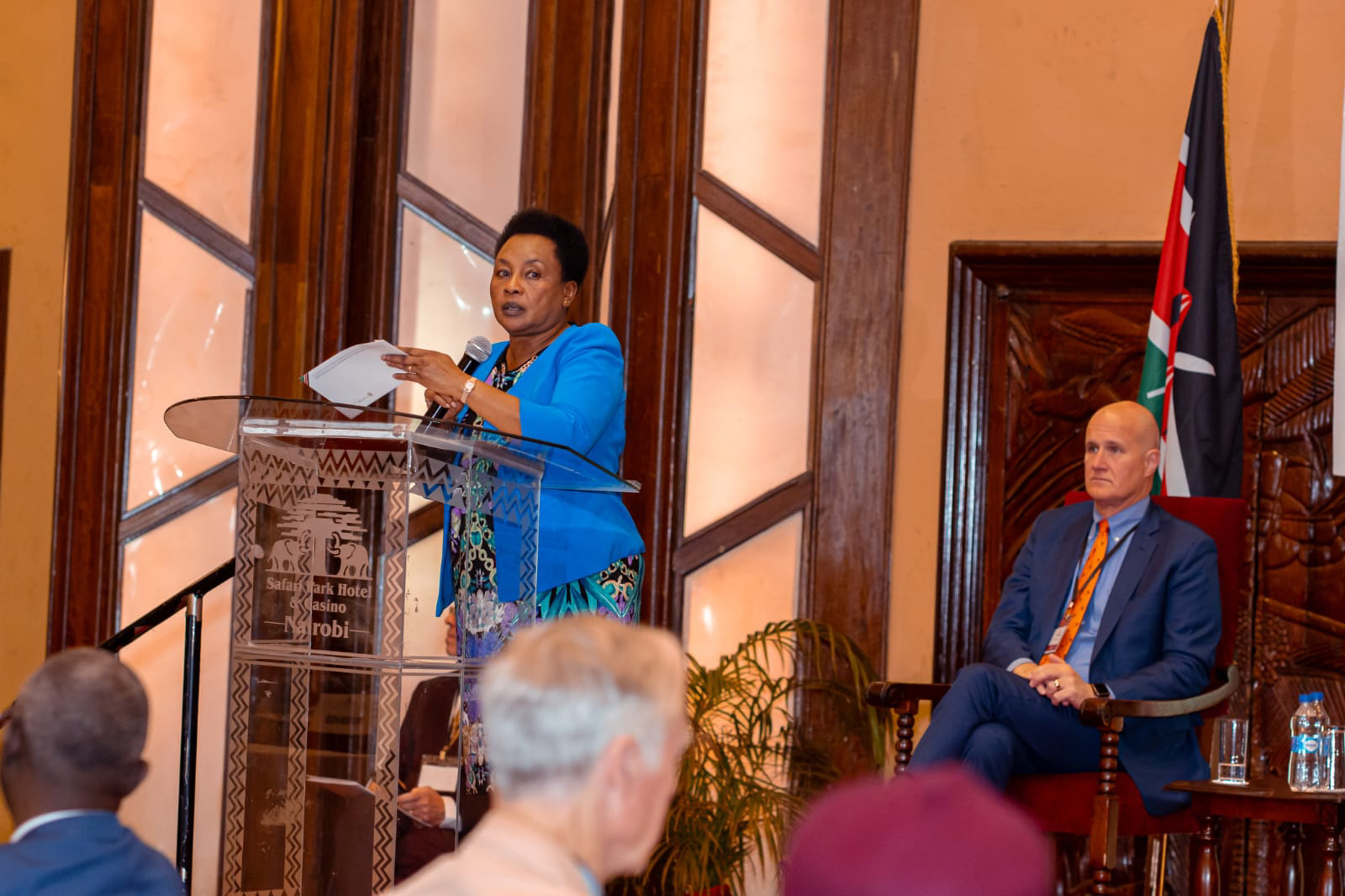UNINTENDED PREGNANCY- THE MOST TROUBLING PROBLEM IN PU BLIC HEALTH
27th November 2023
Unintended pregnancy is one of the most troubling problem in public health and a major issue in reproductive health globally imposing appreciable socioeconomic burden on individuals and the society at large. Governments generally plan to regulate birth growth (especially wanted births as well as orphans and illegitimate births) imposing extra burden on public funding of the governments which inevitably affects economic efficiency and leads to economic slowdown.
Statistics reveal that unintended children are exposed to more risk factors as compared to the intended ones. As a result, the unwanted ones experience negative physical and as well psychological health issues to indicate delinquent behavior during adolescence.
In Kenya, about 152,0000 teenage girls were reported to be pregnant over a period of three months in lockdown due to COVID-19, a 40% increase in the country's monthly average. These numbers, from early July, 2020, are some of the earliest pieces of evidence linking the COVID-19 pandemic to unwanted pregancies.
The women's rights advocates and public health officials noted that the pandemic delayed an adequate response to an increased sexual reproductive health crisis.
The National DESIP Family Planning Learning Conference which kicked off today aims at engaging in dynamic conversations & enlightening sessions on revolutionizing family planning in 19 DESIB counties including Homa Bay, Elgeyo Marakwet, Migori, Turkana, Wajir, Samburu, Garissa, Mandera, West Pokot, Narok, Baringo, Kajiado, Tana River, Mombasa, Kwale, Isiolo, Lamu, Marsabit and Kilifi.
PHOTO: Dr. Akaco Ekirapa, Health Team Leader-British High Commission participating in a panel discussion during the National Desip Family Planning Learning Conference 2023.
Speaking during the conference, the health team leader for the British High Commission Akaco Ekirapa said that there is a need for county governments to work closely with the programme to ensure domestic resource mobilization.
"My call to action is for Domestic Resource Mobilization. County Governments should be our advocates on the ground to appeal for more resources."- Akaco Ekirapa, Health Team Leader- British High Commission.
Ekirapa added that this will improve service delivery, improve easy access to commodities and will as well reduce early child pregnancy in the country.
Ms. Akaco Ekirapa is a senior public health specialist with over 20 years working in Sub-Saharan Africa. Her strong track record entails working with governments, multi-laterals, implementing partners, private sector, civil society, and global think tanks. She is known for strategic partnership building, policy influencing and technical expertise in global health systems, monitoring and evaluation, public health research, and developing sexual reproductive health and rights programmes.
Akaco works at the Foreign, Commonwealth Development Office as the Health team leader in Nairobi, Kenya. She provides strategic and technical leadership in the Human and Social Development Team, to ensure quality delivery of services in family planning, maternal and neonatal health, and universal health coverage across Kenya.
DESIP is a UK aid funded programme focused on Delivering Sustainable and Equitable Increasesi n Family Planning (DESIP) in low Contraceptive Prevalence Rate (CPR) counties in line with KENYAVision 2030’.The country’s long-term development blueprint, has moved Kenya toward a prosperous country where the workforce is skilled and healthy. Gains in FP uptake have been considerable, with the 2018 modern Contraceptive Prevalence Rate (mCPR) amongst married women close to 59%, exceeding Kenya's FB2020 target of 58.3%.
Written by:
John Toris





Comments
Post a Comment